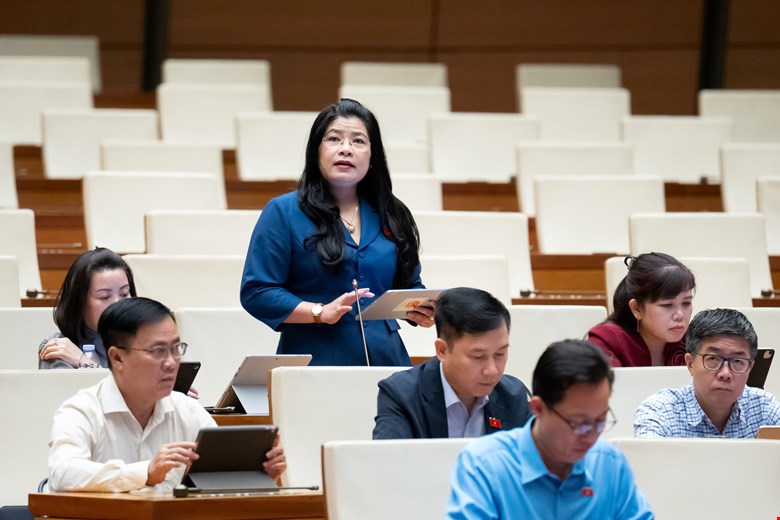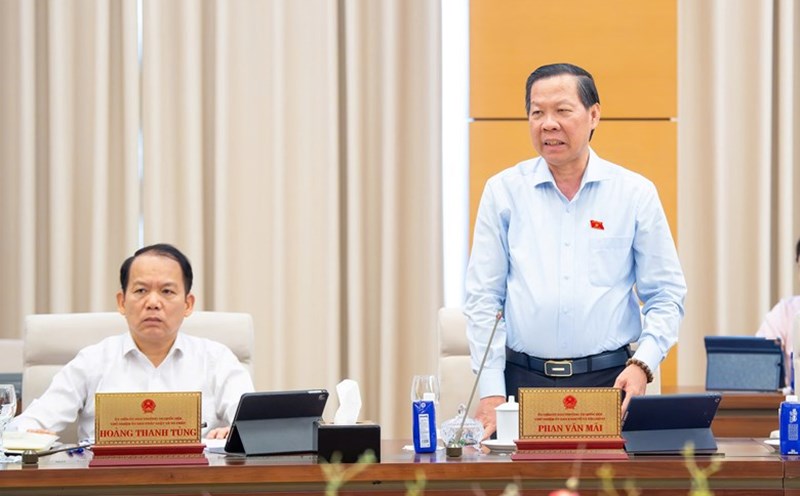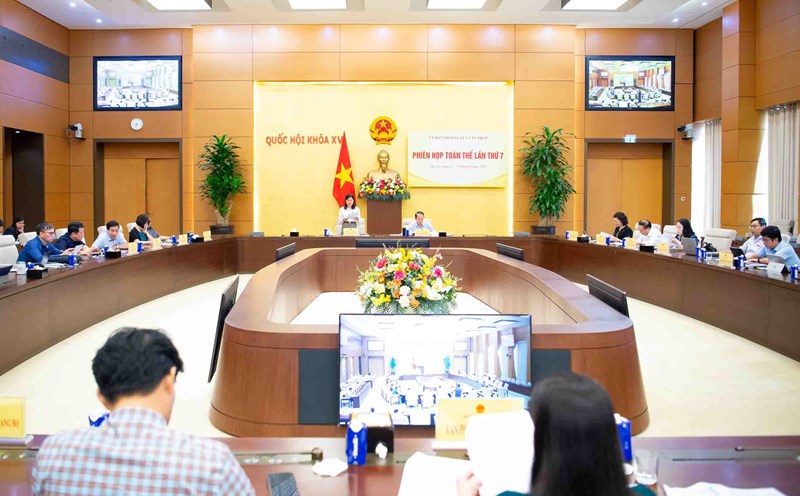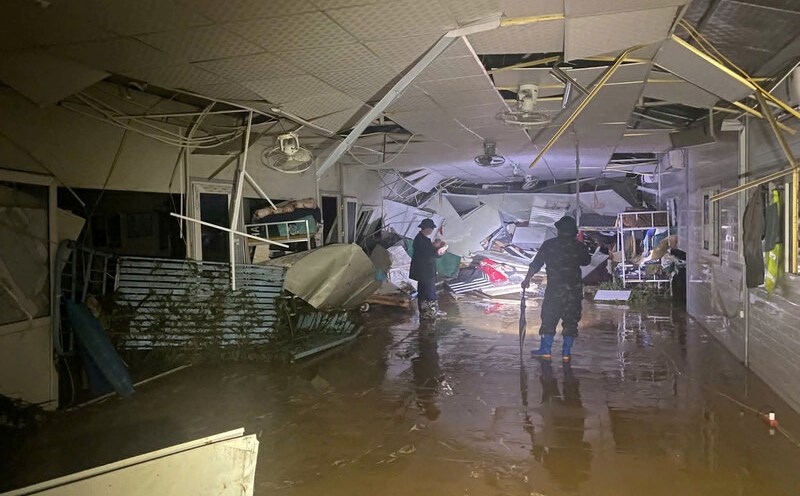On September 30, the 8th thematic National Assembly Conference continued to discuss the economic and financial sectors. In particular, many opinions have been commented on the draft Law on Savings and Combat of Waste.
Expressing his opinion on this draft law, delegate Mai Van Hai (National Assembly Delegation of Thanh Hoa Province) said that the new draft law mainly refers to the state sector, and has not clarified the content of saving and combating waste in the private and public sectors. Therefore, this delegate suggested that the drafting agency should have more specific regulations.
According to the delegate, the draft law currently only lists the source of information on waste detection from mass media, petitions or superiors, so it is necessary to supplement information from inspection, examination, auditing agencies or through supervision activities.
Regarding information processing, delegate Mai Van Hai emphasized that there must be clear regulations. Accordingly, when the head receives information related to the violation of thrift and fighting waste, he/she must consider and conclude. If the information is not directly under the management scope, the receiving agency must classify and forward it to the competent authority for handling.
This person also suggested separating supervision and social criticism to avoid overlap.
Delegate Dang Thi My Huong (Khanh Hoa National Assembly Delegation) shared that in the context of the whole country implementing administrative reform, digital transformation and preventing corruption, waste and negativity, it is extremely necessary for the National Assembly to consider this draft law.
The law not only aims to save resources and combat waste but also contributes to improving discipline, order, accountability, and enhancing transparency in State management activities and in the whole society.

This delegate said that the draft law clearly defines the contents of mandatory disclosure, the requirement to disclosure wasteful behavior and the results of handling along with information about the agency, organization, and individual violating the law, which will contribute to enhancing deterrence, accountability, and also be a tool for people to monitor.
However, according to the delegate, it is necessary to clarify the time for disclosure, such as how long after detecting and handling wasteful behavior, it must be made public. Because, if there is no specific time, the disclosure can be delayed and reduce the effectiveness of supervision.
"It is recommended to clearly stipulate the personal responsibility of the head if the agency does not make it public or public in any form" - delegate Dang Thi My Huong stated.
Also commenting on the above bill, delegate Nguyen Thi Suu (Hue City National Assembly Delegation) assessed that this law amendment is decisive because it is no longer "implemented" but stipulates "saving, fighting waste", showing that this work is regular and institutionalized.
However, the female delegate believes that the wide scope leads to regulations that are not consistent with the approach of the majority of specialized laws, in addition, it is difficult to determine specific sanctions. She suggested clearly distinguishing between the public and private sectors, only adjusting the non-state sector when it involves state resources and public resources.
Meanwhile, delegate Nguyen Thi Mai Thoa (Hai Phong City National Assembly Delegation) commented on the concept of waste as in the draft law, which has not fully covered waste cases in practice.
Because there may be cases where the norms, standards, and regimes are implemented correctly, achieving the set goals, but they are not the optimal solution in management.
For example, the cost of establishing a valuation board or a bidding operation to liquidate old state assets may far exceed the value of assets that need to be liquidated. Therefore, it is recommended that regulations on the concept of waste need to be regulated more comprehensively.











